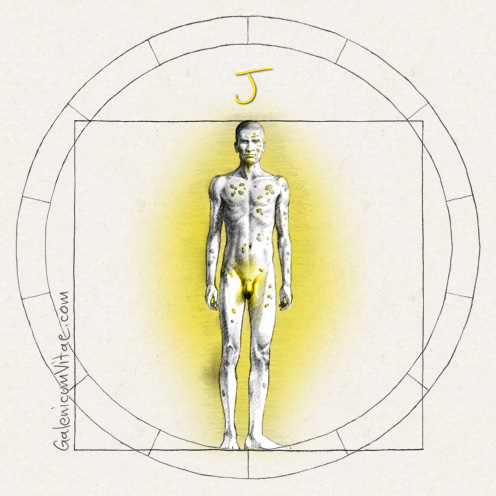AIDS, which stands for "acquired immunodeficiency syndrome", is a disease that destroys the body's defences, and is produced by the human immunodeficiency virus (HIV).
Contagion. The AIDS virus can be transmitted as long as enough blood, semen, vaginal fluids or breast milk of an infected person reaches a healthy person.
Treatment. AIDS can not be cured, but there are treatments available that hinder the virus multiplying and help improve the quality of life of those who are infected with HIV.
AIDS treatment must continue throughout life, even if the person does not feel sick.
HIV stands for human immunodeficiency virus. HIV is a virus that kills or damages cells of the body's immune system. AIDS stands for acquired immunodeficiency syndrome. It is the most advanced stage of HIV infection.
HIV is usually spread through unprotected sex with an infected person. AIDS may also spread by sharing needles or through contact with an infected person’s blood. Women can give it to their babies during pregnancy or childbirth.
Being infected with HIV is not the same as having AIDS. Some people can have the virus and go many years without symptoms of the disease, feeling well and looking fine. These people are HIV positive but do not have AIDS, yet they can transmit the virus to others.
Good health, including proper nutrition and proper emotional balance, promotes resistance to this and other infections.
The first signs of HIV infection may be swollen glands and flu symptoms. They can come and the disappear a month or two after infection. Severe symptoms may not appear until months or years later.
Once inside the cells, the virus can stay dormant for long periods of time, but it sometimes multiplies and can destroy the cells. In this way, the immune system loses the ability to fight infections caused by other germs and also the ability to destroy abnormal cells that occur in our bodies. This facilitates the emergence of diseases that characterize AIDS, opportunistic diseases that occur when the immune system is affected (certain types of cancers and neurological disorders).
With a blood test you can tell if a person has HIV infection. A health professional can perform the test.
There is no cure, but there are many medicines to combat HIV infection and the infections and cancers that go with it. People can live for many years with the disease.
For the treatment to be effective it is very important that the person to take drugs strictly and as directed by his doctor.
For more information visit:
HIV/AIDS Basics
https://www.aids.gov/hiv-aids-basics/
HIV and AIDS
http://www.nhs.uk/conditions/HIV/Pages/Introduction.aspx
UNAIDS
http://www.unaids.org/
HIV/AIDS
http://www.cdc.gov/hiv/

 Digestive
Digestive  Blood
Blood Cardiovascular
Cardiovascular Dermatology
Dermatology Genitourinary,
Genitourinary, Hormones
Hormones Infections
Infections Oncology and
Oncology and Musculo-skeletal
Musculo-skeletal Mental health and
Mental health and Parasites
Parasites Respiratory
Respiratory Senses
Senses Various
Various




